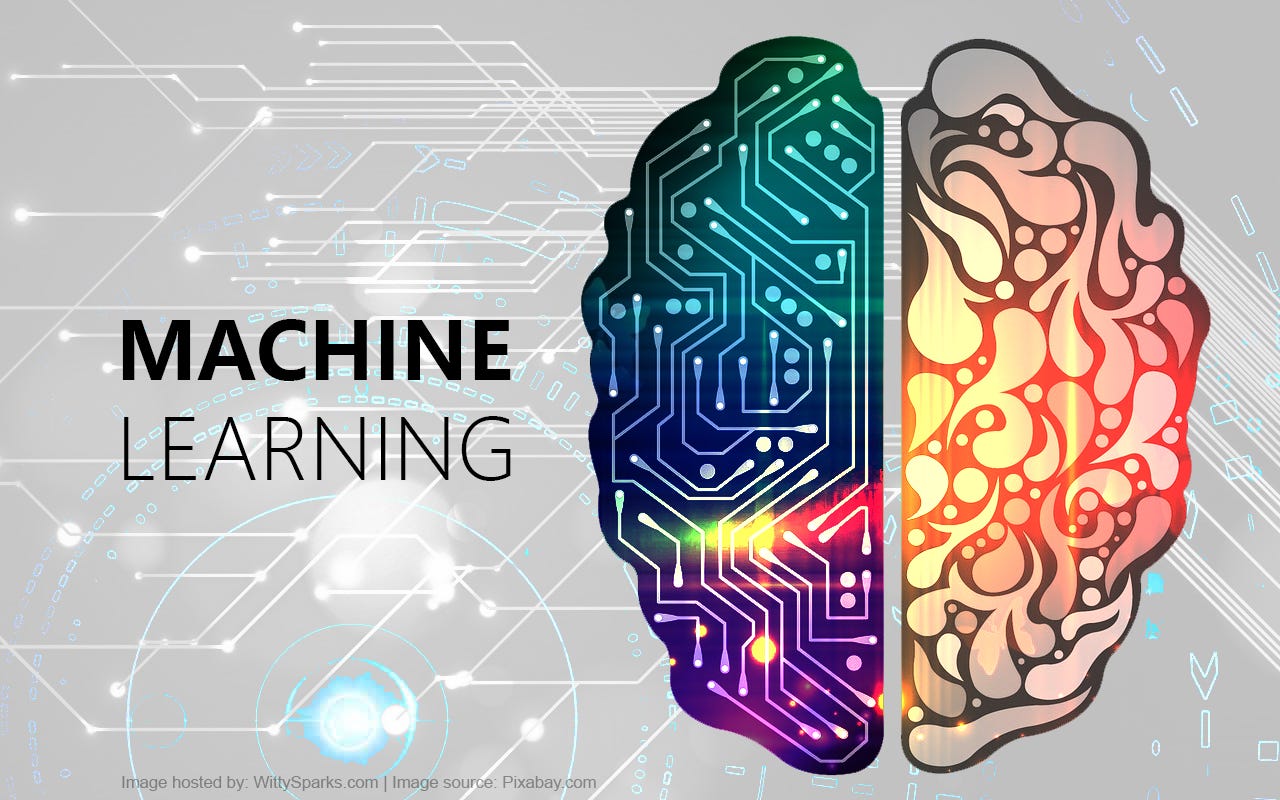Towven.com – The realm of artificial intelligence (AI) is constantly evolving, offering solutions that mimic human capabilities in remarkable ways.
Machine learning (ML) emerges as a powerful subfield of AI, empowering systems to learn from data without explicit programming.
Unlike traditional software that relies on pre-defined rules, machines learning algorithms can identify patterns and relationships within data, enabling them to improve their performance over time.
This article delves into the captivating world of machines learning, exploring its core principles, diverse applications, and the potential it holds for transforming various industries.
Beyond Instructions: Unveiling the Core Principles of Machine Learning
Machine learning departs from the traditional approach of programming software with every rule and decision point. Instead, it leverages several key principles:
-
Data-Driven Learning: Machines learning algorithms rely on data to learn and improve. This data can be structured (numerical data in spreadsheets), semi-structured (emails, social media posts), or unstructured (images, videos). The quality and quantity of data significantly impact the effectiveness of machine learning models.
-
Algorithms: Machine learning algorithms are the core engines that enable learning from data. There are various machines learning algorithms, each suited for different types of tasks and data. Common algorithms include supervised learning (learning from labeled data), unsupervised learning (identifying patterns in unlabeled data), and reinforcement learning (learning through trial and error).
-
Training and Testing: Machine learning models are trained on a portion of the available data. During training, the algorithm learns to identify patterns and relationships within the data. The trained model is then tested on a separate dataset to evaluate its performance and identify areas for improvement. This iterative process of training and testing refines the model’s accuracy and ability to generalize to unseen data.
-
Model Optimization: Machines learning models are not static; they can be continuously optimized based on new data and feedback. This optimization process can involve adjusting the algorithm parameters or retraining the model on a larger dataset.
These core principles empower machines learning systems to acquire knowledge and improve their performance without explicit programming, making them adaptable and capable of handling complex tasks.
A Spectrum of Solutions: Exploring the Diverse Applications of Machine Learning
Machine learning is not a one-size-fits-all solution; it offers a diverse range of applications across various industries:
-
Recommendation Systems: Machines learning powers recommendation systems on e-commerce platforms, streaming services, and social media. By analyzing user behavior and preferences, these systems recommend products, content, or connections that users are likely to enjoy.
-
Fraud Detection: Machines learning algorithms can analyze financial transactions to identify patterns indicative of fraudulent activity. This helps financial institutions protect their customers and reduce losses.
-
Image and Speech Recognition: Machine learning is used in facial recognition software, self-driving cars, and virtual assistants. These applications rely on machines learning algorithms to analyze images and speech, enabling them to perform tasks like identifying objects, transcribing audio, and understanding natural language.
-
Predictive Maintenance: Machine learning can be used to analyze sensor data from machinery to predict potential failures. This allows companies to perform preventive maintenance, reducing downtime and saving costs.
-
Natural Language Processing (NLP): Machine learning empowers NLP applications like chatbots, machine translation, and sentiment analysis. These applications can understand and respond to human language, enabling more natural interaction between humans and machines.
-
Search Engines: Machine learning algorithms play a crucial role in modern search engines. They analyze user queries and search history to deliver more relevant and personalized search results.
-
Scientific Discovery: Machine learning can be used to analyze vast amounts of scientific data, helping researchers identify patterns and make new discoveries in fields like medicine, astronomy, and materials science.
These are just a few examples of the diverse applications of machines learning.
As machine learning technology continues to evolve and become more accessible, we can expect to see even more innovative applications emerge in the years to come.
Beyond the Hype: Considerations and Challenges of Machine Learning
While machine learning offers immense potential, there are some considerations and challenges to address:
-
Data Bias: Machines learning models are only as good as the data they are trained on. If the training data is biased, the model will perpetuate that bias in its predictions. Mitigating data bias is crucial for ensuring fairness and ethical use of machines learning.
-
Explainability: Some machine learning models, particularly complex ones, can be opaque in their decision-making processes. This lack of explainability can raise concerns about transparency and accountability.







